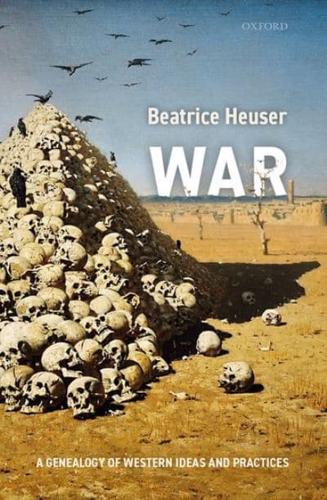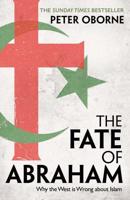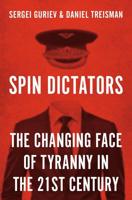Publisher's Synopsis
War has been conceptualised from a military perspective, but also from ethical, legal, and philosophical viewpoints. These different analytical perspectives are all necessary to understand the many dimensions war, the continua on which war is situated - from small-scale to large-scale, from limited in time or long, from less to extremely destructive, with varying aims, and degrees of involvement of populations. Western civilisations have conceptualised war in binary ways denying the variety of manifestations of war along these continua. While binary definitions are necessary to capture different conditions legally, they hamper analysis. The binaries include inter-State and intestine war, just war and unjust war (the latter including insurgencies), citizen-soldiers and professionals, civilians and combatants. Yet realities have mostly straddled such demarcations. Even citizen-armies have usually included professionals, civilians have been treated as enemies and sometimes even formally defined as enemies, and rules have not conformed with binary distinctions, if they were respected at all. While customary rules governing the conduct of war have been turned into International Law, this is the only aspect of war that has developed in a fairly linear way, while the rise, disappearance, and renaissance of the just war tradition has been anything but linear. This non-linearity also applies to the brutality with which war has been fought, especially towards civilians, who for long stretches of European history must have been the main victims of war, notwithstanding increasing protection they were afforded in theory by customary law. To understand war, we must shed some of these binaries.












